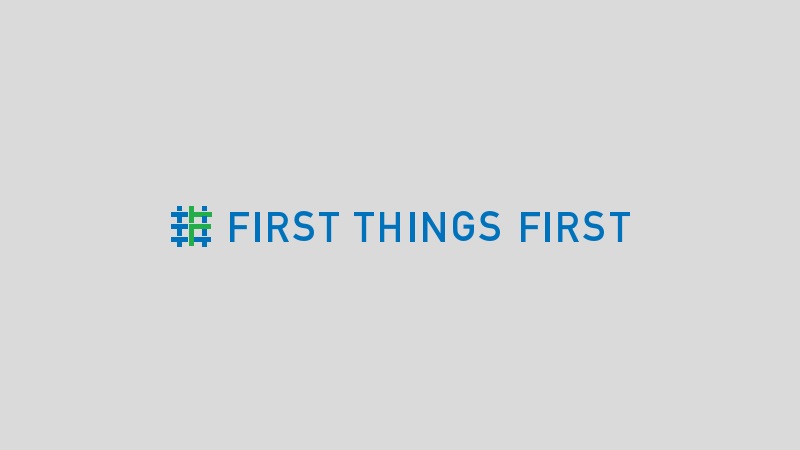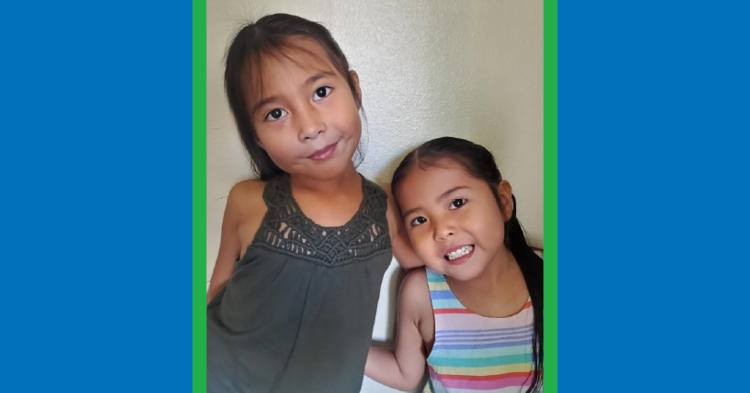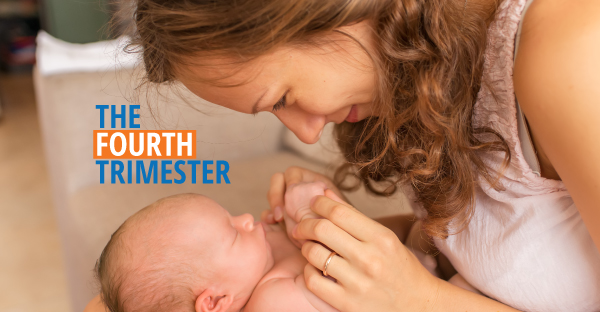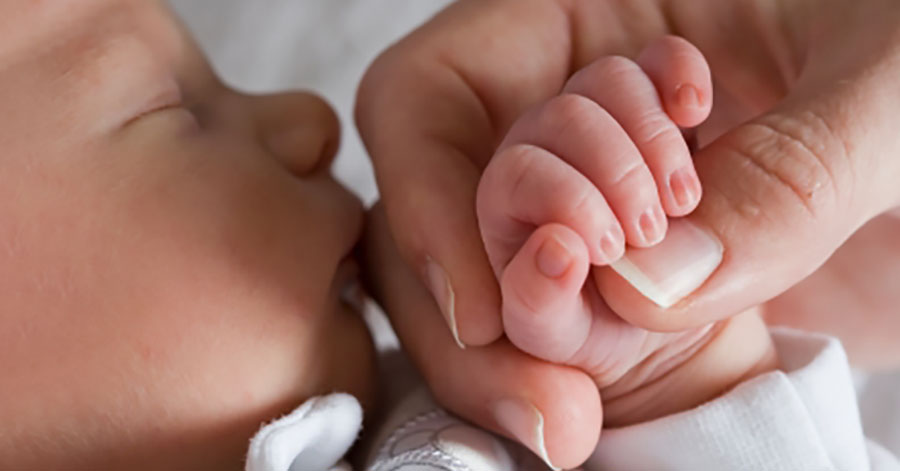
Early childhood professionals know that the health of a pregnant mother before and after they give birth is important not only for the mom, but for the health of the baby.
Maternal Health Awareness Day on Jan. 23 is a way to help more people, especially expectant families, learn about the urgency of the country’s maternal mortality crisis and what can be done to keep mothers healthy. About 700 women die each year in the United States as a result of pregnancy or delivery complications.
“When we’re talking about the needs of the mom, we’re talking about the needs of the baby,” said First Things First Children’s Health Program Director Catrina Popelier. “First Things First and its partners have the unique opportunity to be connected to these mothers through the programs and services we offer.”
According to the American College of Obstetricians and Gynecologists (ACOG), the United States is the only developed country in the world with a rising maternal mortality rate. And about 60% of maternal deaths are preventable.
The Centers for Disease Control and Prevention reports that in 2019, 754 women in the United States were identified as having died of maternal causes. A maternal death is defined as the death of a woman while pregnant or within 42 days of giving birth. Those numbers put the US’s maternal mortality rate for 2019 at 20.1 deaths per 100,000 live births, and is significantly higher than the rate for 2018 (17.4).
“Racial inequities contribute to that disparity: Black patients die during and after pregnancy at a rate three times higher than white patients. Those who are American Indian and Alaska Native die at a rate two times higher than white patients,” according to the American College of Obstetricians and Gynecologists. In Arizona, that number is even higher.
“Arizona’s Native American women are four times likely to have pregnancy-related mortality even though they only represent 6% of deaths,” Popelier said.
Many medical organizations, such as the ACOG are working within the medical community to address racism and implicit biases that contribute to health disparities. But other contributing factors, such as one in every four mothers returning to work after just 10 days of giving birth, cuts across all mothers.
“In all cultures, pregnancy is celebrated,” Popelier said. “It’s what happens after the birth of the baby where the differences come in. In the US, moms are back to work quickly. The fourth trimester is super critical in that baby’s development in the first weeks out of the womb.”
Some experts consider the first few months after the birth of a child as “the fourth trimester,” recognizing that a mother and newborn are still interconnected and that new parents sometimes need support and understanding.
Other complications such as cardiovascular incidents, infections and hemorrhaging can also happen in the days and weeks after birth.
Popelier points to the fact that 40% of women in the US never make it to the postpartum appointment after giving birth.
“When you’re talking about four out of every 10 women that aren’t going back to see any type of doctor, you start thinking about the continuum of care,” she said. “Forty percent are falling off the map. Postpartum depression and anxiety can happen any time during pregnancy and can happen a full year after birth.”
Early childhood professionals have the opportunity to be involved in the support system to connect expectant mothers to the continued care before and after giving birth.
“Providing the connectedness to health care to quality information on where to go for help gives those families the supports that they need so that they don’t fall through the cracks,” Popelier said.
She encourages the early childhood community to share resources, such as the FTF-funded Birth to 5 Helpline (877-705-KIDS). This program is free to all Arizona families with young children birth to age 5 to talk directly with child development experts and can connect mothers to health providers. FTF also funds programs such as early childhood mental health consultants and home visitation programs that can spot concerns and help mothers find support during that fourth trimester and beyond.
“We have the opportunity to be that extra set of eyes and link these systems of support,” Popelier said.









